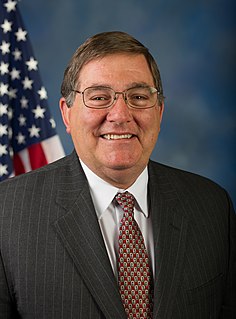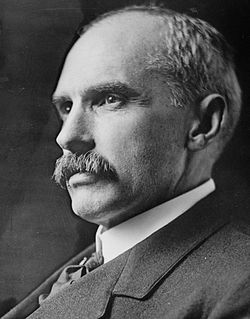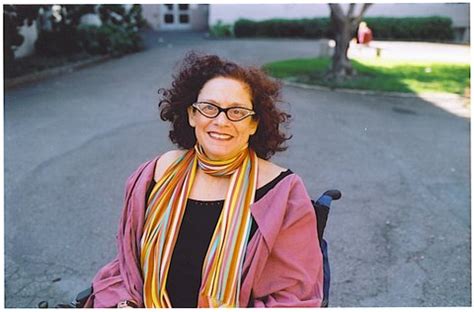A Quote by Michael C. Burgess
I believe that States should be credited for their non-Federal investment in revenue-generating transportation facilities to address their regional transportation needs.
Related Quotes
We need to stop burning fossil fuels and utilize only wind, water, and solar power with all generation of power coming from individual or small community units like windmills, waterwheels, and solar panels. Sea transportation should be by sail...Air transportation should be by solar powered blimps when air transportation is necessary.
In many parts of our country, geography and population density can make it difficult to attract private investment. These communities depend on federal investments to maintain and upgrade their transportation systems and stay competitive. And we know that it's an investment worth making. Because when rural America succeeds, we all do.
America faces a mounting transportation crisis, and the primary culprit is road congestion. Traffic makes us unhealthy, wastes enormous amounts of time, and cripples national productivity. America needs expanded roads and transportation infrastructure, but traditional gas tax funding is no longer available.
Education is the lifeline of the city of Boston in a lot of ways, as far as preparing and educating young people for the future. So when we think about that - I would love to have the $25 million dollar investment we made up to close the gap on charter schools. I'd love to make that investment in a different part of the school system if we could. The money that we're trying to adjust on transportation, I would love to, if we can save money in transportation - that's not going to be a savings, that's going to come into the general fund, that's going to be reinvested in the school.
































